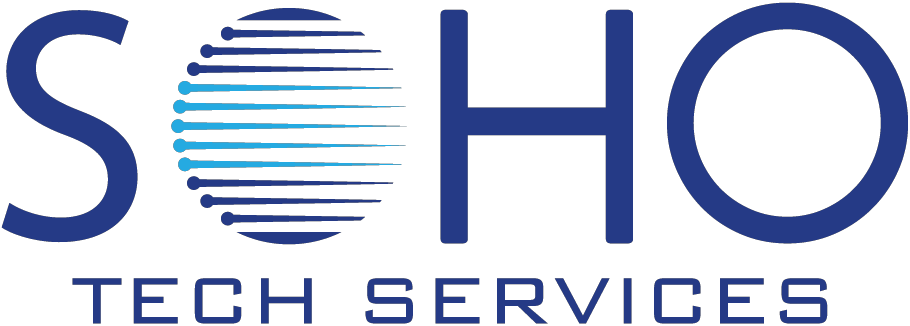
Introduction to Healthcare Revenue Cycle Management
Healthcare Revenue Cycle Management (RCM) refers to the process in the healthcare industry that ensures and tracks payments to medical practices promptly and accurately. It encompasses everything from patient registration and insurance verification to claims processing, payment collection, and denial management. An efficient RCM system improves cash flow, reduces administrative burdens, and enhances the overall financial health of healthcare practices.
As billing rules become more complex and operational costs continue to rise, Healthcare Revenue Cycle Management services are becoming increasingly popular among healthcare practices for maximizing reimbursement and improving workflow efficiency.
Key Stages of Healthcare Revenue Cycle Management
- Patient Registration and Insurance Verification: The revenue cycle begins as soon as a patient schedules a visit. Data collection must be performed accurately, including personal information, insurance details, and eligibility verification, to prevent claim denials later. Automated tools can speed up this process and reduce errors.
- Charge Capture & Coding: Medical coders translate patient diagnoses and treatments into standardized codes (ICD-10, CPT, HCPCS). Errors in coding can lead to claim rejections or underpayments. Many revenue cycle management services utilize advanced software to ensure accurate coding and compliance with regulations.
- Claims Submission and Scrubbing: Scrubbing is the process of reviewing claims before submission to insurance companies. Automated scrubbing tools detect missing information, incorrect codes, or policy violations, reducing the denial rate and improving claim acceptance.
- Payment Posting and Reconciliation: Once claims are processed, insurer payments are posted to the healthcare practice’s system. Any discrepancies between billed amounts and received payments should be reconciled promptly to prevent revenue loss.
- Denial Management and Appeals: Claim denials are a significant drain on revenue. Effective RCM involves tracking denials, identifying root causes, and resubmitting corrected claims in a timely manner. Data-driven strategies can also help minimize future denials.
- Patient Billing and Collections: Patients are often responsible for copays, deductibles, or charges not covered by insurance. Clear communication, flexible payment options, and digital payment solutions can improve collection rates and enhance the patient experience.
Benefits of Outsourcing Revenue Cycle Management Services
Many healthcare practices enhance their revenue cycles by partnering with specialized firms such as Soho Tech Services. Key benefits include:
- Increased Revenue: Faster claims processing and fewer denials will improve cash flow.
- Cost savings: The administrative overhead and staffing costs are reduced.
- Compliance Assurance: Expert teams always remain abreast with the changing regulations.
- Advanced Technology: Efficiency is increased through analytics and automation driven by AI.
- Patient Care Focus: Healthcare professionals can devote more time to clinical services.
Challenges in Healthcare Revenue Cycle Management
RCM still suffers from several challenges which are as follows:
- Complexity of Regulation: The changes in the billing codes as well as the payer policies appear to be numerous and continuous. Thus, there is a risk that these changes create compliance.
- High Denial Rates: Errors in documentation or coding lead to denials that cost money.
- Patient Payment Responsibility: Increasing out-of-the-pocket expenses tend to bolster the difficulty in collections.
- Data Security Risks: Ensuring the security of sensitive patient information.
A reliable RCM partner like Soho Tech Services can help alleviate these challenges through expertise and technology.
Future Trends in RCM
Emerging trends in healthcare RCM include:
- Artificial Intelligence (AI): Coding and processing claims, predicting denials.
- Telehealth Billing: RCM adjusts itself for virtual reimbursement of care.
- Blockchain: Better transparency and reduce fraud.
- Value-Based Care Models: Redefining fee-for-service towards outcome-based concepts.
Conclusion
Effective healthcare revenue cycle management is a key factor in maintaining an organization’s financial health and operational efficiency. It ensures that healthcare facilities can focus on delivering quality care while reducing denial rates and optimizing revenue collection through professional RCM services, which may involve innovative methods to accelerate payment processing. Delivery of quality care is the keyword as well. With constant advancements in technology, future innovative RCM solutions would be another area where cost-effective practices become essential for successful competition in the evolving health industry.
Outsourcing RCM offers a smooth path to achieving accuracy, compliance, and better revenue outcomes for clients seeking well-aligned channels.


